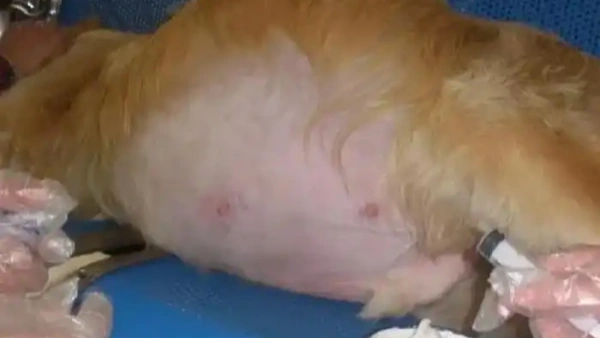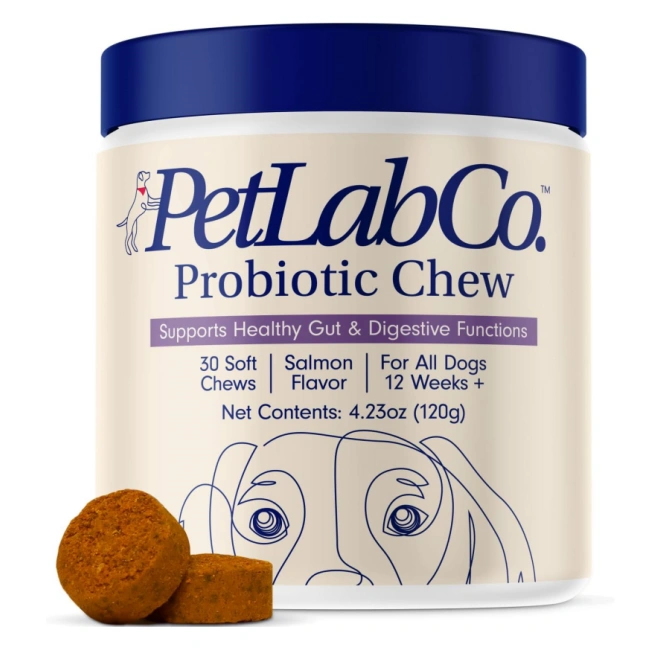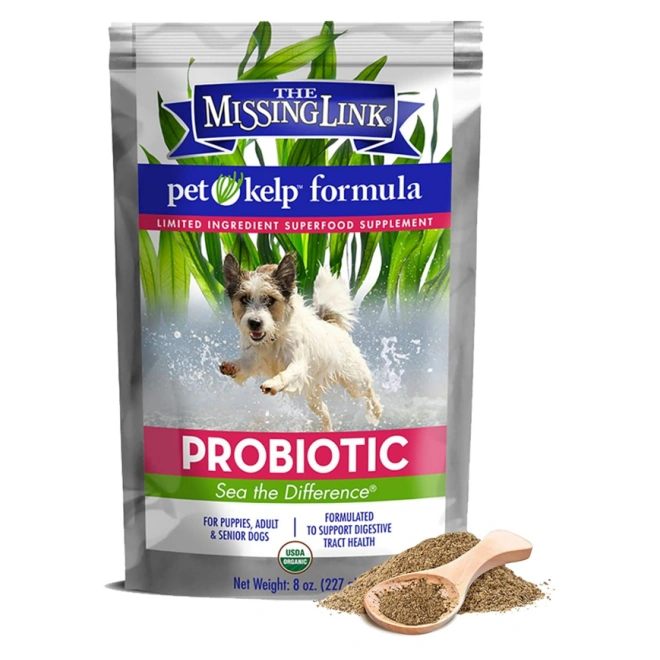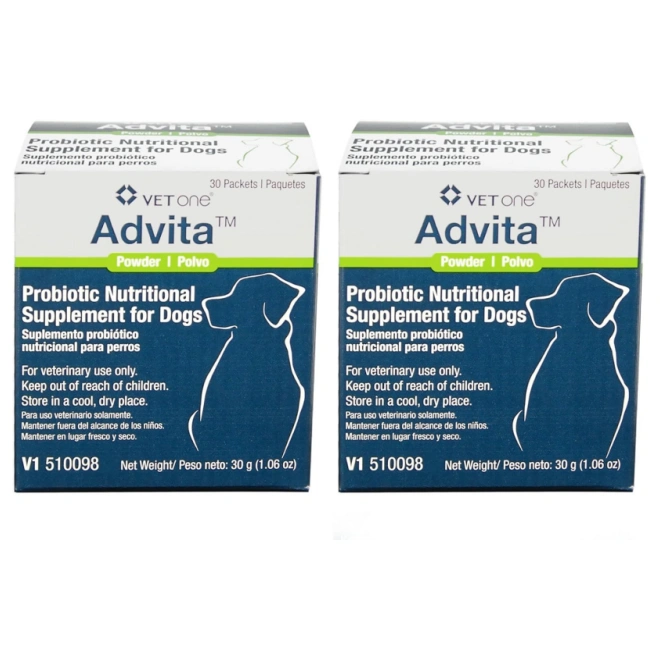Dog Liver Disease Symptoms and Treatment: What You Need to Know
Many pet parents struggle to understand what’s wrong when their furry friend suddenly becomes sluggish or refuses to eat. If your dog shows signs of liver disease, it’s critical to act quickly. In this guide, we’ll help you recognize the symptoms of liver disease in dogs, explain the causes, and offer tips on how to support your pet's recovery.
Common Signs of Liver Disease in Dogs
Recognizing the dog liver disease symptoms early can improve your dog’s chances of recovery. Some of the most common signs include:
Loss of appetite or complete refusal to eat
Weight loss and dull, brittle coat
Yellowing of skin or eyes (jaundice)
Increased thirst and urination
Vomiting, diarrhea, and abdominal swelling
In advanced stages, you may also notice excessive drooling, fatigue, or pale gums. These liver disease symptoms in dogs often go unnoticed until the condition worsens.

Why Is the Liver So Important?
The liver is one of the most vital organs in a dog’s body. It plays a key role in digestion, detoxification, and metabolism. Much like in humans, damage to this organ can have a major impact on your dog's overall health. That’s why it’s crucial to understand the signs of liver disease in dogs and act fast.
Primary Liver Functions Include:
Producing bile for digestion
Filtering toxins and waste from the bloodstream
Storing energy and vitamins
Metabolizing proteins, fats, and carbohydrates
If your dog’s liver isn’t working properly, it can lead to systemic issues, making even minor illnesses harder to treat.
Main Causes of Liver Disease in Dogs
Understanding what causes liver disease in dogs is essential to preventing it. The most common triggers include:
1. Chemical Toxins
Exposure to pesticides, rodenticides, or heavy metals like lead and arsenic can cause serious liver damage.
2. Medication Overuse
Some anti-inflammatory drugs, antibiotics, and antifungals may cause liver toxicity, especially if used over a long period without veterinary supervision.
3. Infectious Diseases
Diseases such as leptospirosis or hepatitis can directly impact liver function. Dogs with diabetes or hormonal disorders may also experience liver complications.

4. Tumors and Cancer
Liver tumors such as hepatocellular carcinoma or bile duct tumors can interfere with normal liver function and spread rapidly.
5. Toxic Plants and Molds
Ingesting toxic mushrooms or moldy foods (especially those containing aflatoxins) can trigger liver failure quickly in dogs.
6. Congenital and Structural Issues
Birth defects or liver shunts can impair liver development or function in puppies and adult dogs alike.
Treatment and Home Care for Liver Disease
Once diagnosed, treatment for liver disease in dogs typically includes medication, dietary changes, and regular checkups. Vets may prescribe liver-protective drugs and recommend low-fat, high-protein meals with essential vitamins.
Routine health checks are vital to monitor liver enzyme levels and adjust treatment. Consider adding probiotics and liver support supplements to aid recovery.

Everything Our Vets Recommend
FAQ - Dog Liver Disease Symptoms and Treatment: What You Need to Know
Q: What symptoms indicate liver disease in dogs?
A: Symptoms include jaundice, lethargy, vomiting, diarrhea, and changes in appetite or behavior.
Q: How is dog liver disease diagnosed?
A: Diagnosis involves blood tests, imaging, and sometimes a liver biopsy.
Q: Can liver disease in dogs be prevented?
A: Regular vet check-ups, a healthy diet, and avoiding toxins can reduce risk.
Conclusion: Spot the Signs, Support Recovery
Dog liver disease can be scary, but catching it early can greatly improve your pet’s outcome. Watch for early liver disease dogs symptoms like vomiting, lethargy, and yellowing eyes. With proper dog liver disease treatment, many pets can recover or live comfortably with ongoing care. If you suspect any issues, consult your vet immediately.
If you've experienced managing liver disease in dogs symptoms, share your story with our pet-loving community. Your advice could help others!
You May Like:
- How to Soothe Dog Irritated Anus: Safe Home Remedies and Warning Signs
- Warning Signs After Spaying a Dog: What Every Pet Owner Must Know
- How to Treat Dogs with Urinary Tract Infection: Signs, Causes, and Best Care Tips
- Nutramax Cosequin Joint Health Supplement with Glucosamine, Chondroitin, MSM, Omega-3s & Beta-Glucan Soft Chews for Senior Dogs, 60 count
User Comments
Does flea treatment kill ear mites too?
Can dogs take human probiotics?
Can dogs have people probiotics safely?













Leave a Reply